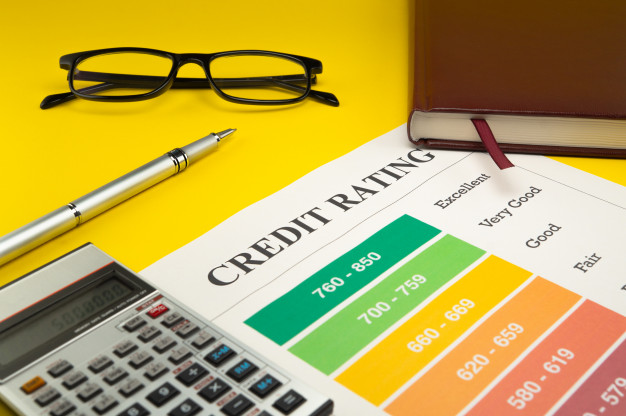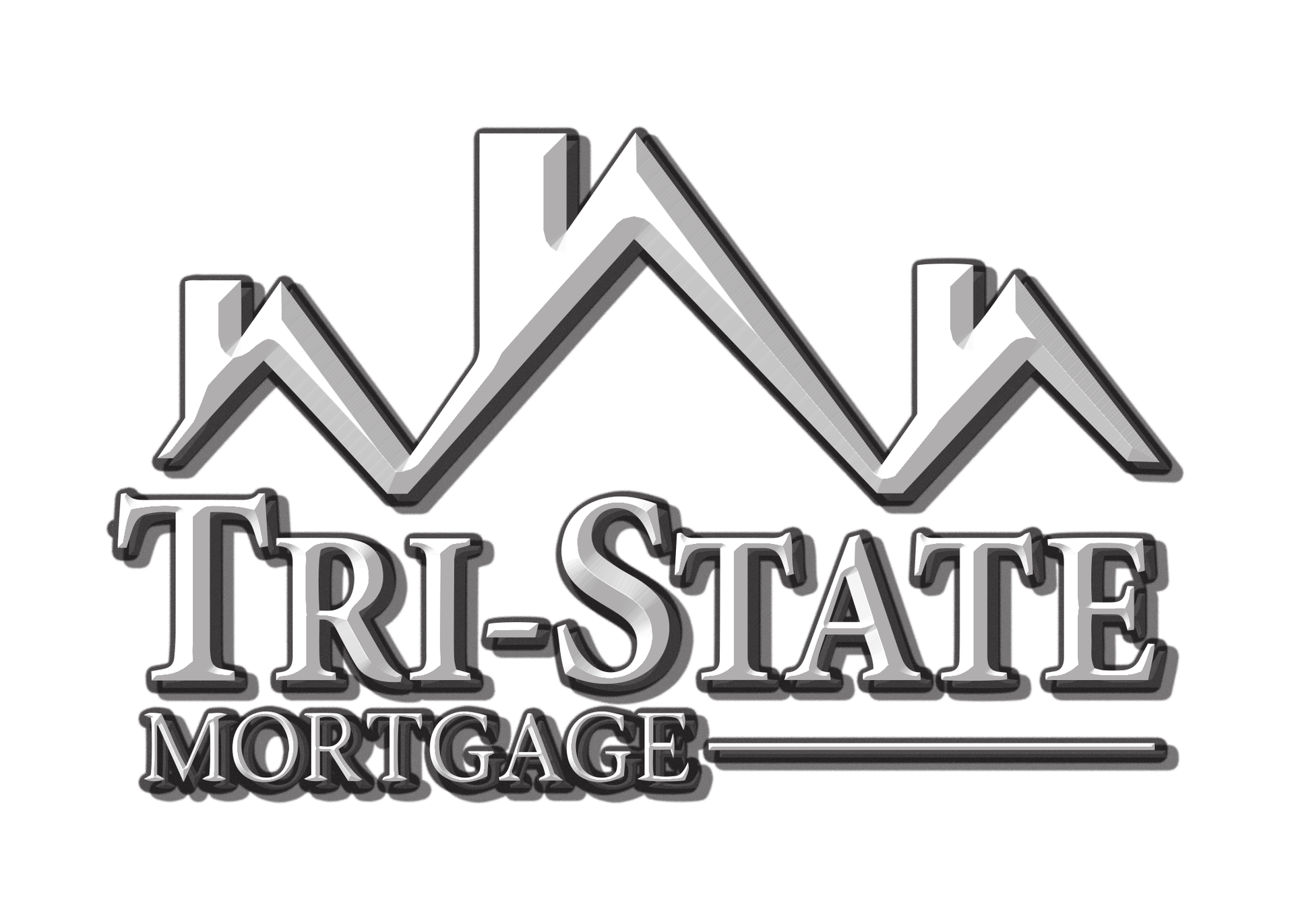
We often receive questions like: how good is a 730 credit score home loan? What credit score is needed to buy a house? What is the minimum credit score needed to buy a house? If you are considering applying for a home loan, this article might actually help you in making the right call.
What is a credit score?
Your score is probably one of the biggest criteria that lenders evaluate in the mortgage application process. Your lender can actually get the whole picture of your financial situation just by looking at your credit score. In technical terms, ‘Credit score’ is also referred to as FICO score (Range: 300 to 850) that is used to determine the candidate’s creditworthiness. The higher the score, the candidate is more likely considered to pay his/her debts and a lower score usually indicates the opposite.
So the question is, what are the factors that make up your FICO score and determine your creditworthiness? The main factors are listed down below:
- Payment History – Did you clear your debt and made timely payments in the past?
- Amounts Owed – How many credit lines do you have, and how high is the balance on each?
- Length of Credit History – For how long have you been using credit?
- New Credit – Have you opened a number of credit accounts recently?
- Types of Credit Used – What combination of credit cards, retail accounts, installment loans, and mortgages do you have?
730 credit score home loan:
A 730 FICO score is normally considered a good credit score. This score will get you:
- Credit Rating: Good
- Loan Options: Many
- Loan Cost: Cheap
- Best Option: Minimal Credit Repair
What Interest Rates can you get with your 730 Credit score?
Even though a certain credit score does not guarantee the interest rates charged on it. However, it can provide fairly rough estimates of the overall effect on the interest rates.
- Excellent (760-850) – Your score won’t have any impact on your interest rate. You will likely be offered the lowest rate available.
- Very good (700-760) – Your credit score may have a minimal impact on your interest rate. You could be offered interest rates 0.25% higher than the lowest available.
- Good (660-699) – Your credit score may have a small impact on your interest rate. This means rates up to .5% higher than the lowest available are possible.
- Moderate (620-660) – You will most likely be charged for rates up to 1.5% higher than the lowest available.
- Poor (580-620) – A poor credit score will hit you up with rates approximately 2-4% higher than the lowest available.
- Very Poor (500-580) – This is a troubling score. Even If you are offered a mortgage, you’ll be paying some very high rates
How to get a 750+ Credit Score:
As we have already discussed that a 730 credit score comes under the category of an above-average score. However, there is always room for improvement and thereby improvement leads to better results.
A higher credit score can actually help you qualify for better interest rates and better mortgage terms by lenders saving you thousands of bucks on any type of financing. Follow these guidelines and instructions to join the elite 800+ credit score club!
- Pay all of your bills on time: Now we already know that not paying your bills can hurt your credit score, in fact even paying your bills late can also affect your score big time. Therefore, it is advised to pay your bills on time in order to get a higher credit score.
- Never hit your Credit Limit: If you don’t want to hurt your credit score, it is advised to use not more than 1/3rd (one-third) of your credit card. High scorers normally advise keeping credit utilization no more than 10% of credit card’s available credit.
- Keep your expenditure lower than your earnings: Overspending on the things that you cannot afford is only going to create more difficulties for you. People with 800+ credit scores do not spend more than they can earn.
Bill Balderaz, president of Fathom Healthcare, has an excellent credit score and attributes it to his family living below their means. “As our income rises, we keep our spending flat,” Balderaz says. They also pay off all credit card bills each month, pay off their vehicle loans early, and have paid off their mortgage early to help get them to an 800+ credit score. (Crowe, 2014)
- Keep a check on your Credit History: Keeping a long history of paying your bills on time and keeping your expenditure low enhances your credibility and can serve to be a positive indication for the lenders to consider you for a home loan with lower interest rates.
The advantages of getting a better credit score are huge. According to American Consumer Credit Counselling, Ilene Davis, a licensed financial planner with an 800+ credit score, says she did a calculation on the mortgage payments for a $300,000 home equity credit for various FICO scores. If the difference between payments for borrowers with the very best and lowest credit scores were invested at 6% a year, at the top of a 30-year mortgage the borrower with the very best credit score would have accumulated around $750,000. That’s a piece of cash worth improving your credit score for.
‘The Higher you Aim, the Further you’ll go!’

i have checked this site a few times now and i have to say that i find it quite great actually. keep it up! 🙂